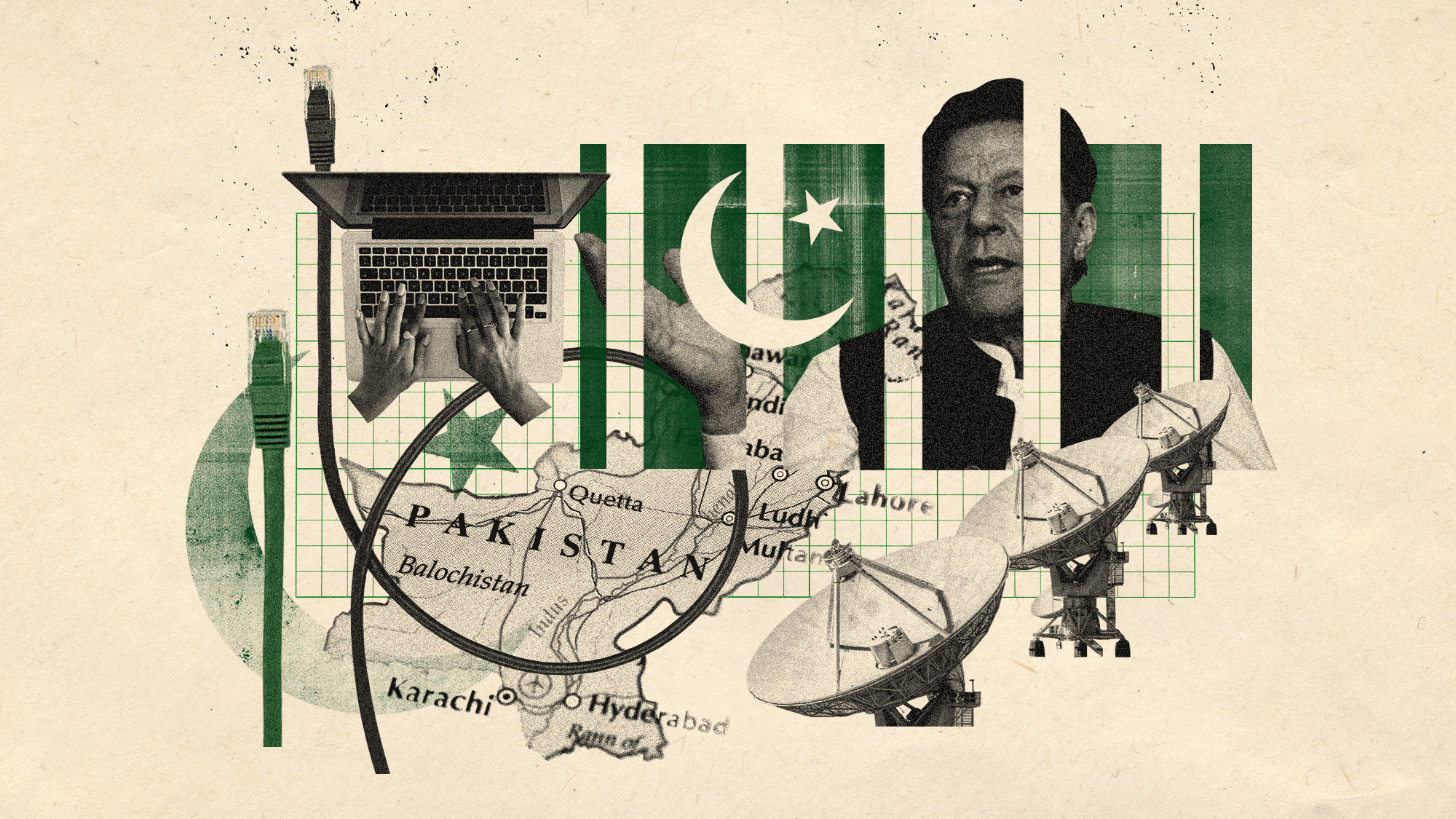Twitter: hundreds of children investigated over online abuse
Policing the internet becomes 'daily task' for UK's forces, with 20,000 adult cases in three years

A free daily email with the biggest news stories of the day – and the best features from TheWeek.com
You are now subscribed
Your newsletter sign-up was successful
Nearly 2,000 children have been investigated by police over online abuse in the last three years. More than 1,200 have been charged with a criminal offence or given a caution, warning or fine, including children as young as nine, according to Sky News. Among the offences were social media abuse, offensive tweets and online bullying.
Almost 20,000 adults have been subject to police probes in the last three years thanks to their online behaviour, the equivalent of 20 a day. Cases have risen by more than five per cent since 2011.
The figures, obtained through Freedom of Information requests, "lay bare for the first time how policing the internet has become a daily task for Britain's forces", says Sky News. The true number of investigations is likely to be even greater, as a third of police forces failed to provide figures.
The Week
Escape your echo chamber. Get the facts behind the news, plus analysis from multiple perspectives.

Sign up for The Week's Free Newsletters
From our morning news briefing to a weekly Good News Newsletter, get the best of The Week delivered directly to your inbox.
From our morning news briefing to a weekly Good News Newsletter, get the best of The Week delivered directly to your inbox.
There have been a series of high-profile prosecutions in recent years. Isabella Sorley, 23, from Newcastle-upon-Tyne, and John Nimmo, 25, from South Shields, pleaded guilty earlier this year to bombarding journalist Caroline Criado-Perez with abusive messages on Twitter and threatening her with attacks "worse than rape". Sorley was sentenced to 12 weeks in prison, while Nimmo was jailed for eight weeks.
Earlier this month Robert Riley, 42, from Port Talbot, was jailed for eight weeks for posting abusive Twitter messages following the killing of school teacher Ann Maguire.
Last year, Hertfordshire Police was the force to investigate and charge the most people – 1,042 – under Section 127 of the 2003 Communications Act, which covers abuse on Twitter or other social media sites, in text messages or through nuisance phone calls. The Metropolitan Police had the highest three-year figure of 2,099.
Luke Roberts, a social network expert at Beat Bullying, told Sky News: "There are more devices than ever. So whether it's smartphones, internet-connected TVs, more apps – they allow more young people to be harassed than ever before."
A free daily email with the biggest news stories of the day – and the best features from TheWeek.com
-
 Political cartoons for February 16
Political cartoons for February 16Cartoons Monday’s political cartoons include President's Day, a valentine from the Epstein files, and more
-
 Regent Hong Kong: a tranquil haven with a prime waterfront spot
Regent Hong Kong: a tranquil haven with a prime waterfront spotThe Week Recommends The trendy hotel recently underwent an extensive two-year revamp
-
 The problem with diagnosing profound autism
The problem with diagnosing profound autismThe Explainer Experts are reconsidering the idea of autism as a spectrum, which could impact diagnoses and policy making for the condition
-
 X update unveils foreign MAGA boosters
X update unveils foreign MAGA boostersSpeed Read The accounts were located in Russia and Nigeria, among other countries
-
 What's Linda Yaccarino's legacy? And what's next for X?
What's Linda Yaccarino's legacy? And what's next for X?Today's Big Question An 'uncertain future' in the age of TikTok
-
 X CEO Yaccarino quits after two years
X CEO Yaccarino quits after two yearsSpeed Read Elon Musk hired Linda Yaccarino to run X in 2023
-
 Musk chatbot Grok praises Hitler on X
Musk chatbot Grok praises Hitler on XSpeed Read Grok made antisemitic comments and referred to itself as 'MechaHitler'
-
 Bluesky: the social media platform causing a mass X-odus
Bluesky: the social media platform causing a mass X-odusThe Explainer Social media platform is enjoying a new influx but can it usurp big rivals?
-
 Pakistan 'gaslighting' citizens over sudden internet slowdown
Pakistan 'gaslighting' citizens over sudden internet slowdownUnder the Radar Government accused of 'throttling the internet' and spooking businesses with China-style firewall, but minister blames widespread use of VPNs
-
 Threads turns one: where does the Twitter rival stand?
Threads turns one: where does the Twitter rival stand?In the Spotlight Although Threads is reporting 175 million active monthly users, it has failed to eclipse X as a meaningful cultural force
-
 How social media is limiting political content
How social media is limiting political contentThe Explainer Critics say Meta's 'extraordinary move' to have less politics in users' feeds could be 'actively muzzling civic action'